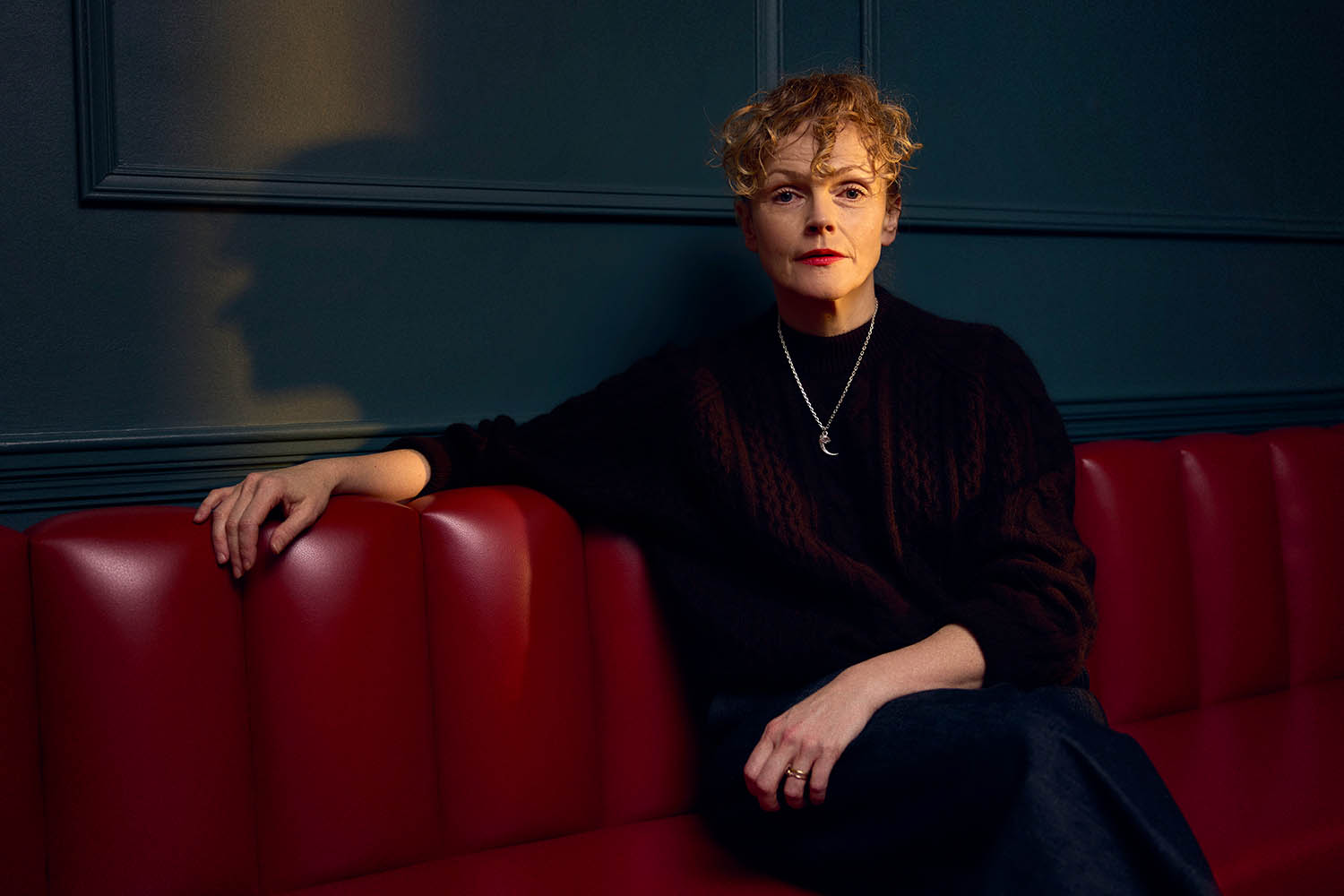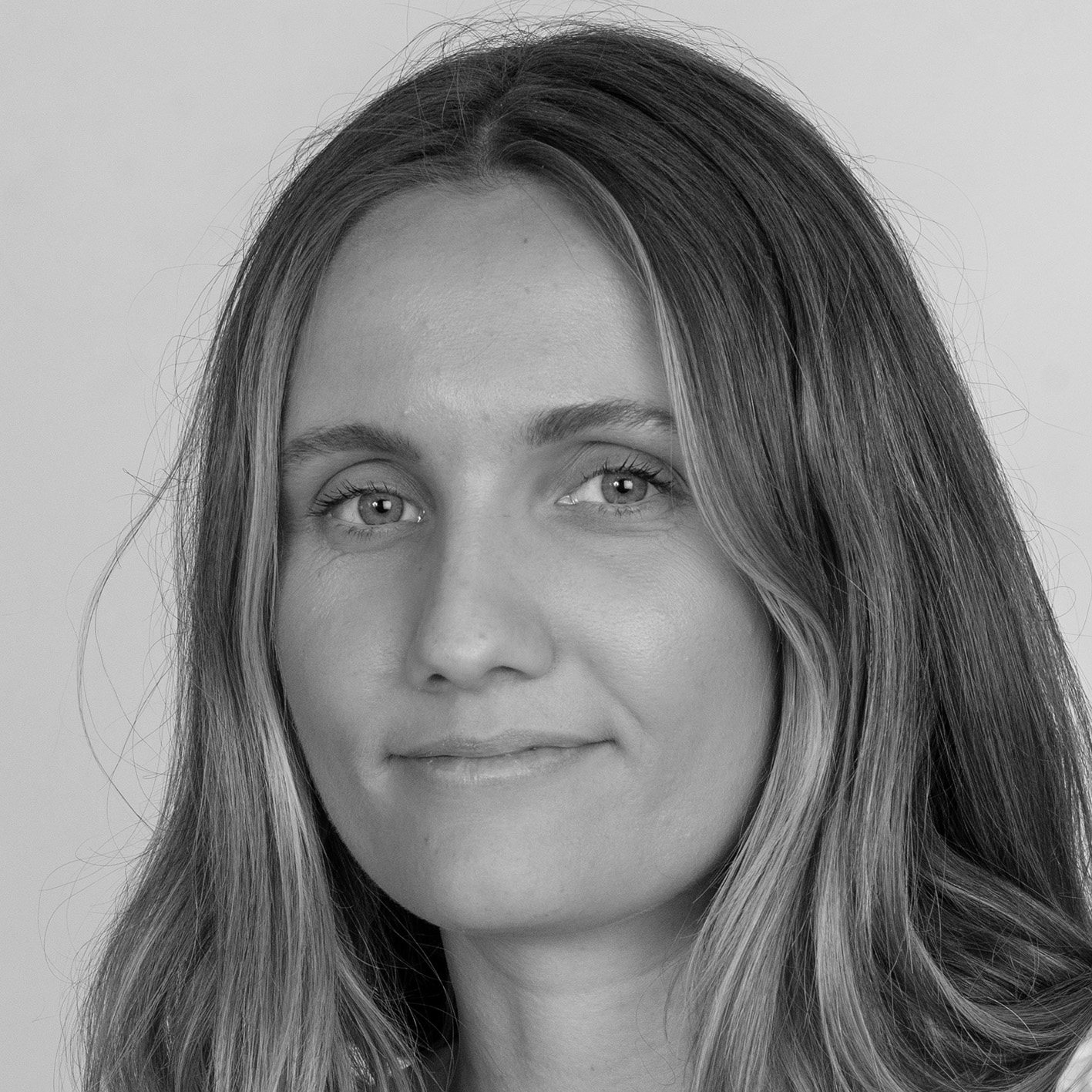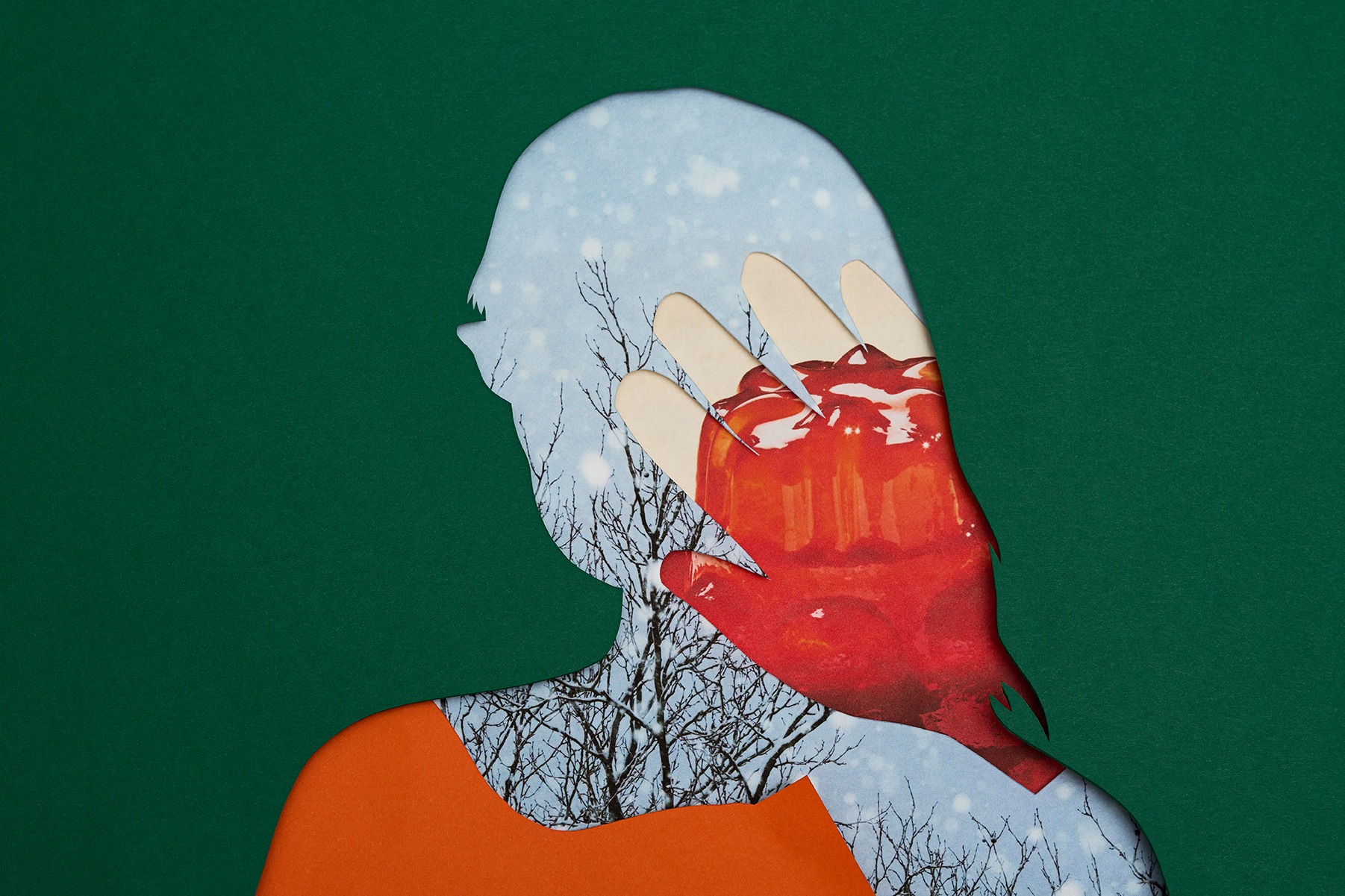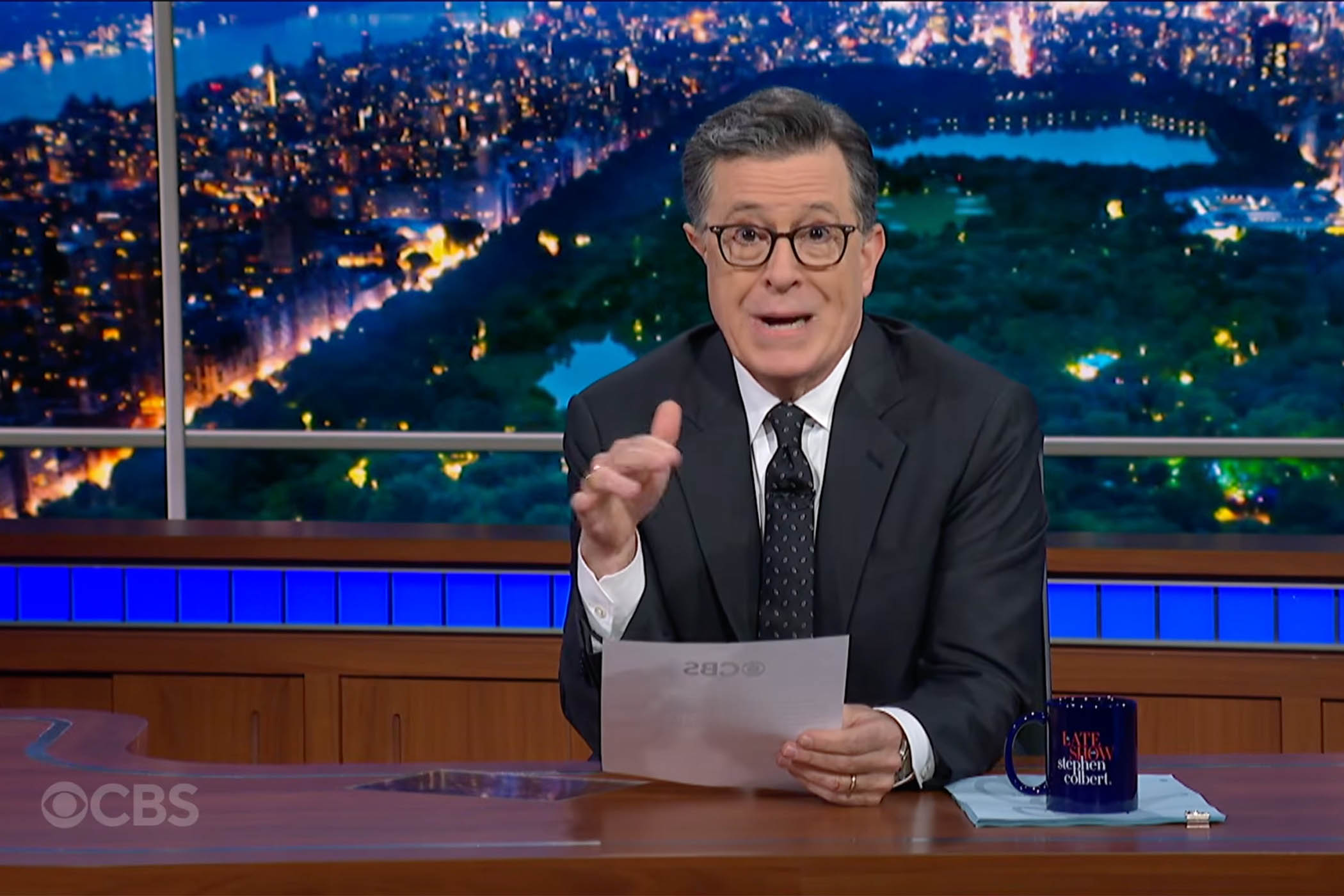Maxine Peake, 50, was born in Bolton and joined her local youth theatre aged 13. She later trained at the Royal Academy of Dramatic Art, where the former principal described her as having an “extraordinary inner sensitivity with outer strength”. Her early breakthrough roles came on television, in Victoria Wood’s BBC sitcom Dinnerladies and Channel 4 series Shameless.
In 2014, she was the first prominent female actor to take on the role of Hamlet in 35 years for a production at Royal Exchange theatre, Manchester. Her other stage roles include playing Winnie in Samuel Beckett’s Happy Days.
Peake often takes on striking political roles, telling the extraordinary stories of ordinary people. She earned a TV Bafta nomination in 2023 for playing Anne Williams, a campaigner for the victims of the Hillsborough disaster, which killed 97 Liverpool fans, including her son, in 1989. Her performance as the jailed IRA volunteer Dolours Price in the series Say Nothing – based on the bestselling book about the Troubles by Patrick Radden Keefe – earned her another Bafta nomination earlier this year.
In her new film, Words of War, she plays Anna Politkovskaya, a Russian journalist who reported on the second Chechen war and was shot dead in 2006 on Vladimir Putin’s 54th birthday. It is still not known who ordered her murder.
There’s a dramatic sequence at the start of Words of War where Anna has been poisoned on a plane. She survives but has to be smuggled out of hospital for her safety. What was that like to film?
It was quite hairy because the airplane was tiny with a very thin strip of steps. Two actors had to carry me off and I thought: “This is not the way I saw myself going, on a runway in Latvia” [laughs]. I was supposed to be in a coma and the hardest thing is to act not being present.
You read some of Anna’s Russian diaries as research. What did you learn about her as a person beyond her public image?
She was an extraordinary woman. The film has focused on her domestic life, saying: here is a woman who was a wife and a mother, and who wanted to tell the truth and take a stance against Putin’s regime. She wasn’t a warrior charging in fearlessly, she knew every time she went in there that the repercussions could be very serious. When you read her writing, there’s such a beauty to it. She’s writing about horrors but it’s so engaging.
Is there an after-effect when you play real-life figures and venture so far into their lives?
Sometimes it feels like the atmosphere you’ve been working in can seep in, a bit like a hangover. For a few weeks you can feel a bit foggy if you’ve been to some dark places. You do so much research that the hardest thing is to put a lid on it at the end of the day.
Newsletters
Choose the newsletters you want to receive
View more
For information about how The Observer protects your data, read our Privacy Policy
What helps you to do that?
I live in the countryside now, so walking the dog, getting back to normality. But it’s an easy task. As my mum used to say: “You’re not packing parachutes; it’s only acting.”
Words of War was announced a few months after Russia invaded Ukraine. How has its message changed over time?
Last year was the worst year in history for deaths of journalists and the majority of that was the murders in Gaza. We seem to forget how dangerous it can be to be a journalist and that people are constantly putting their lives on the line to tell us the truth. We have to stay engaged because otherwise the broadcasters and platforms will turn away.
Did playing Anna affirm for you the importance of using your platform to speak out?
Absolutely, because it can feel lonely and scary. I’ve been accused of all sorts of things that were devastating to me and are absolutely not the person I am. People say actors should keep their noses out of politics but acting is political. Life is political.
You’ve played various figures from history, the next of which is the conservative activist Mary Whitehouse, who campaigned against pornography and depictions of homosexuality. Why do these stories appeal to you?
I think people think, “Oh she always goes for projects that have some social commentary”, but stories about the oppressed against the oppressor are always attractive to me. Even when they are specific, like Say Nothing, there are so many issues within. It’s about humanity; it’s about survival; it’s about justice and freedom. If you can make people aware and start to re-evaluate their views on things, I think television is quite a powerful tool.
Do you think these stories can bring about real change?
Look at the Post Office laws being changed [following television show Mr Bates vs the Post Office]. These things can ignite people’s frustrations and make them feel indignant about what’s been happening close to home.
Your efforts to find sponsorship for drama school were the subject of a documentary for The South Bank Show when you were 21. Do you think it’s harder than ever for people without means to get into the arts?
There would have been absolutely no possibility of me going to drama school if the Patricia Rothermere scholarship hadn’t come my way. The Daily Mail basically paid for me to go to drama school and then spent quite a bit of time trying to end my career, but that’s fine [laughs]. It’s your fault, you paid for me! But now, £1,200 a month in London to rent a room? It puts off so many youngsters, because even if you get a start in this industry, how do you sustain it?
Do you think there’s a misconception about the average actor’s wages?
There are some people earning huge money but it doesn’t trickle down. A lot of the time, television and film don’t grow with the cost of living, and they know people are so desperate. When you’re beginning, it’s difficult to put your foot down because you just want to get on the screen or on the stage.
In the South Bank documentary, you said you were told at 16 you were too quiet to go into acting. Were they right?
I never thought they were right. I arrived at Salford College of Technology in German paratrooper boots and everyone was in sweatpants and jazz shoes. There was a group of odd bods who didn’t quite know where to find our voice. But I’ve never been quiet.
Words of War is available to stream from 30 June; The Last Stand of Mrs Mary Whitehouse is at Nottingham Playhouse, 5-27 September
Photograph by Nick Warner



